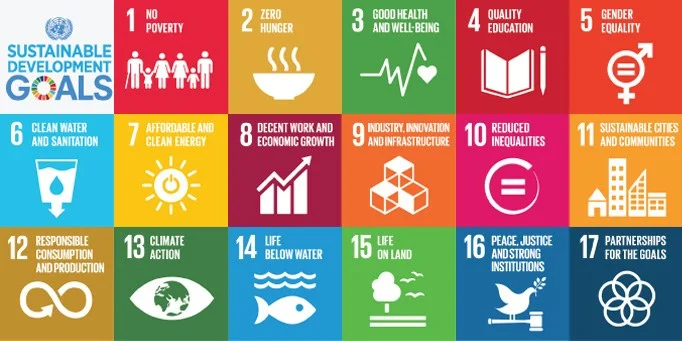The Cambridge Global Challenges Initiative is running the following events for post-graduates and early career researchers in the New Year and a Global Challenges Round Table on 8th December. Book now to secure your place!
Global Challenges Round Table - 8th December
GCI will run Round Tables twice a year to give Cambridge researchers the opportunity to talk about research relating to the UN Sustainable Development Goals (SDGs). The programme of the December 2017 edition, which includes data-driven modelling of airborne diseases, digital design for development aid and innovative bacterial testing, has been shared. You are still very welcome to register to participate in the discussions that will follow the short talks and/or to share research projects to be presented in forthcoming editions of the Round Tables.
Co-creation for Global Challenges
The following events are part of the focus of Global Challenges Initiative in facilitating the dialogue and co-creation between Cambridge researchers and end-users in the developing world.
- Workshop on User-Centred Design in Developing World Contexts – 10th January (application deadline: 15th December). This workshop will introduce the principles of user-centred design and explore the specific challenges and opportunities that commonly arise when using this approach to co-create innovative responses to global challenges. The workshop is open to post-graduates and early career researchers, from different research backgrounds, interested in user-centred design for the benefit of the bottom half of the world’s population. To apply please send a CV (max. 2 pages) and a letter of motivation outlining your interest and how you hope to apply learnings from the workshop to Sophie Mower (sophie.mower@centreforglobalequality.org).
- Masterclass in Design Methods for Global Challenges – 11th January. This Masterclass will explore the similarities and differences between particular disciplinary approaches to co-creation with end-users in developing world contexts. One-to-one discussions between expert practitioners from different disciplinary and practitioner communities and established Cambridge researchers in fields within the EPSRC remit will be organized. To register for the event, please complete the online form.
Please note that a Technology for Development Graduate Sandpit – 15th January (application deadline: 11th December), aimed at Graduate students and Early Career Researchers, will take place after these two co-creation-oriented events. Winning teams of the competition sandpit will be awarded bursaries to undertake field trips to develop and test their ideas in real developing world situations. Please apply by completing the application form and submitting a CV (max. 2 pages) to winton@phy.cam.ac.uk.

![[Closes 24 Nov 2107] Apply now to the OpenPlant Fund!](https://images.squarespace-cdn.com/content/v1/54a6bdb7e4b08424e69c93a1/1509564315902-TUO4I6QRWI9TT8UGSIAJ/OpenPlantTwitter_400x400+%281%29.jpg)

![[Closes 7 Mar 2017] OpenPlant Research Associate (Haseloff Lab)](https://images.squarespace-cdn.com/content/v1/54a6bdb7e4b08424e69c93a1/1486552818859-FH76MCA8SMFU93WB85RX/OpenPlantTwitter_400x400.jpg)








